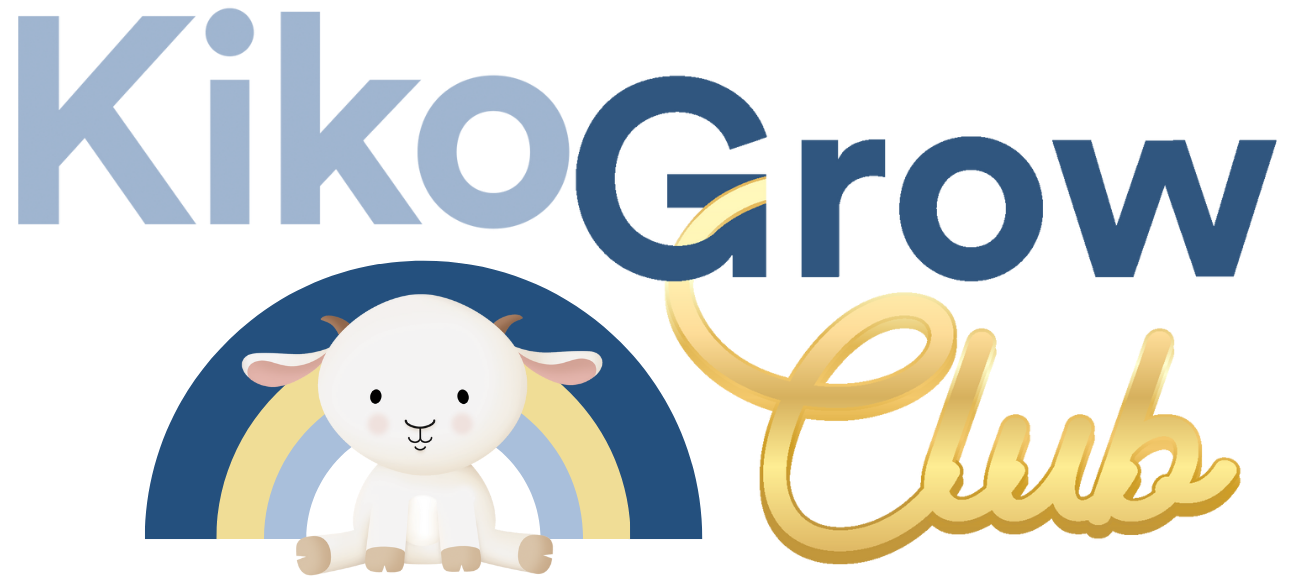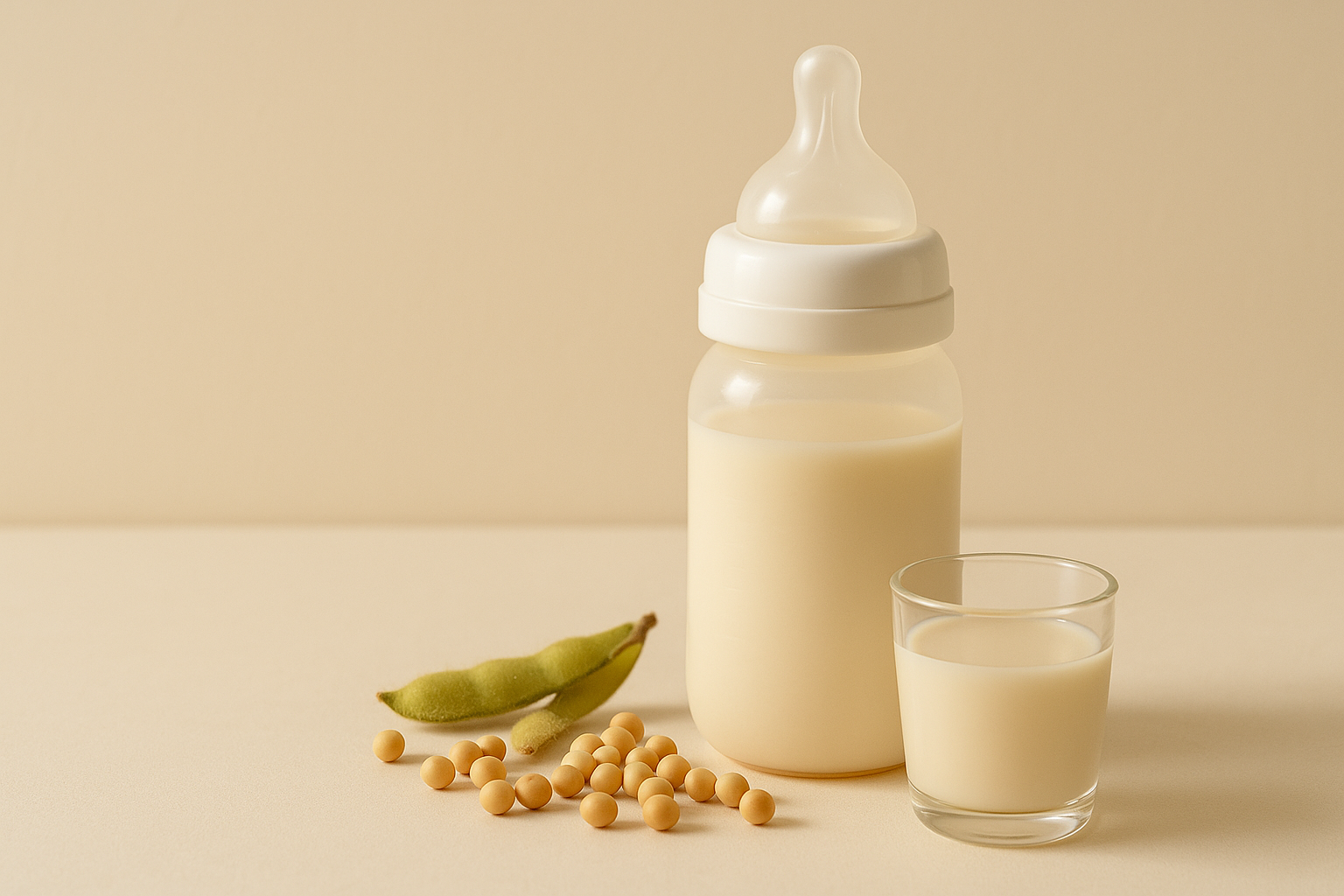Lactose intolerance in newborns is rare but can cause significant discomfort when it does occur. Symptoms like fussiness, bloating, gas, reflux, and diarrhea may be signs that your baby is having difficulty digesting lactose, a natural sugar found in milk and breast milk. For parents noticing these signs, choosing the right lactose free newborn formula is crucial for their baby’s growth and development.
In this article, you need to know about lactose free formula, how to identify signs of lactose intolerance, and why some parents are also exploring goat milk as an alternative for sensitive little tummies. Our content is designed to provide reliable, well-rounded information and advice to help parents make informed decisions about lactose free newborn formula.
Understanding Lactose Intolerance in Newborns
Lactose intolerance in newborns is a rare but important condition for parents to understand. When a baby is unable to digest lactose—the natural sugar found in milk and many formulas—it’s usually because their small intestine doesn’t produce enough of the enzyme lactase. Without enough lactase, babies can experience uncomfortable symptoms like bloating, gas, and diarrhea, which can be distressing for both infants and their parents. While true lactose intolerance is uncommon in newborns, it’s crucial to consult a pediatrician if you notice these symptoms. A healthcare professional can help determine if your baby is experiencing lactose intolerance or another digestive issue. If needed, your pediatrician may recommend a lactose free formula, such as Similac Lactose Free, to help manage your baby’s symptoms and ensure they receive the nutrition they need to grow and thrive.
Can I Give My Newborn Lactose Free Formula?
Yes, lactose free newborn formula is safe for infants who are unable to digest lactose or who have been diagnosed with lactose intolerance by a pediatrician. These formulas are specially designed to replace lactose with a different carbohydrate source such as corn syrup solids or glucose polymers while still delivering all the necessary nutrients your baby needs.
Many parents mistakenly believe lactose-free means dairy-free, but that’s not always the case. Lactose free formulas often still contain milk proteins like whey or casein, just without the lactose sugar. It’s important to consult your child’s pediatrician to determine if your baby needs a lactose free option or if their symptoms are related to other tummy troubles. Lactose free formulas are designed to support the healthy development of your child, especially if they have sensitivities or special dietary needs.
Which Baby Formula is Lactose Free?
There are several trusted brands on the market offering lactose free milk powder and formulas. Some popular options include:
- Similac Lactose Free: A well-known brand that provides a complete milk formula without lactose, enriched with DHA, AA, lutein, and vitamins to support eye development, brain growth, and immunity.
- S26 Lactose Free: This brand offers an option for babies with lactose intolerance or those recovering from diarrhea, though always confirm if the version you’re buying is labeled lactose free.
- Organic lactose free formulas: These are made with organic ingredients, free from GMOs, artificial colors, and added hormones, and often include prebiotics, probiotics, and essential minerals.
How Do I Tell If My Baby Needs Lactose Free Formula?
It’s important to note that lactose intolerance is uncommon in newborns, especially infants. Research shows that true lactose intolerance in infants is rare and often resolves as the gut heals or matures. However, some babies may experience temporary lactose sensitivity due to gastrointestinal issues.
Signs your baby may need a lactose free formula:
- Excessive gas or bloating
- Diarrhea after feeding
- Irritability or fussiness
- Vomiting or reflux
- Failure to gain weight
These symptoms may resemble other conditions, so consult a pediatrician to properly diagnose your baby’s condition before switching formulas.
Essential Nutrients in Lactose Free Formula
Lactose free formula is specially crafted to provide all the necessary nutrients your baby needs for healthy growth and development, while being gentle on sensitive tummies. These formulas are designed to be easy to digest, making them a great choice for babies who have trouble with lactose. Inside each serving, you’ll find a balanced blend of protein, healthy fats, carbohydrates, and a full spectrum of vitamins and minerals—such as calcium, vitamin D, and iron—that are essential for your baby’s nutrition. Many lactose free formulas also include added prebiotics and probiotics to support digestive health and help little tummies feel their best. When choosing a lactose free formula, it’s crucial to read the label to ensure it contains all the necessary nutrients for your child’s development. For parents who value natural options, look for formulas made with organic ingredients and free from GMOs. By selecting a high-quality lactose free formula, you can provide your baby with the nutrition they need to grow strong and healthy.
4 Highly RecommendedOrganic Lactose-Free Formulas: Nutrition for Sensitive Tummies
When searching for a lactose free newborn formula, parents often look for options that are gentle yet provide complete nutrition. Here are five top-rated options:
- HiPP Comfort Formula – European brand known for its organic ingredients and prebiotics to aid digestibility.
- Similac Sensitive – Specially designed for babies with lactose sensitivity, includes lutein for eye health.
- Löwenzahn Organic Lactose-Free Formula – High-quality European formula with probiotics, vitamins, and minerals.
- Earth’s Best Organic Sensitivity Formula – Made with partially hydrolyzed proteins and reduced lactose for babies who need a gentler formula.
Lactose Free Milk for Infants: A Safe and Nutritious Option
When lactose is removed, it’s vital to ensure the formula still provides:
- Sufficient protein for growth
- Essential nutrients like iron, calcium, and zinc
- Brain-boosting fatty acids like DHA and AA
- Immune-supporting vitamins and probiotics
This is where goat milk formulas can be beneficial. Although not entirely lactose free, making them a suitable alternative for babies with mild lactose sensitivity rather than full intolerance. Some babies with sensitivity can tolerate small amounts of milk protein, and these formulas are designed to provide proper nourishment for children who need specialized nutrition.
Milk Powder as an Alternative for Sensitive Tummies
For parents seeking a convenient and gentle feeding option, lactose free milk powder can be an excellent alternative to traditional formulas. Lactose free milk powder is designed for babies who are unable to digest lactose, offering a solution that’s both easy on sensitive tummies and simple to prepare. When choosing a lactose free milk powder, it’s important to look for products made from high-quality ingredients, without unnecessary additives or artificial preservatives. Trusted brands like Similac Lactose Free and NAN Lactose Free offer options that are formulated to meet your baby’s nutritional needs. Before switching to a new formula or milk powder, always consult with your pediatrician to ensure the product is suitable for your baby and provides all the essential nutrients for healthy growth. With the right lactose free milk powder, you can help your baby enjoy comfortable feedings and support their development from the very start.
Why Goat Milk May Be a Good Alternative for Sensitive Babies
Goat milk is often praised for its gentle properties and digestibility. It contains:
- Smaller fat globules for easier absorption
- Naturally occurring milk proteins that are less likely to cause irritation
Parents in other countries like Australia, New Zealand, and parts of Europe have long relied on goat milk as a preferred option for babies with tummy troubles.
Goat milk newborn formula is specially designed for infants with mild sensitivities. It includes choline, lutein, and essential minerals like zinc sulphate, sodium selenite, copper sulphate, and calcium to provide full-spectrum nutrition without causing discomfort.
Finding the Right Formula for Your Baby’s Health
Selecting a lactose free newborn formula can be challenging, but with the right guidance and understanding of your baby’s needs, it becomes much easier. Whether you’re considering a cow’s milk based lactose free formula, an organic option, or a goat milk formula, what matters most is that your baby receives the nutrition, comfort, and care they deserve.
Before making a choice, carefully review and understand the terms used on formula labels, such as 'hydrolyzed' or 'extensively hydrolyzed,' to ensure you are selecting the right product for your baby.
From reducing fussiness and reflux to supporting eye development and immune function, modern lactose free formulas are thoughtfully designed for your child’s well-being.
Always consult with a pediatrician before making changes, and remember: every baby is unique, and there is no one-size-fits-all solution in infant nutrition.
Conclusion: Nourishing Your Infant with Confidence
Navigating infant nutrition can feel overwhelming, especially when your baby has a sensitive tummy or lactose intolerance. The good news is that with the right information and support, you can confidently choose the best lactose free formula or milk powder to meet your baby’s needs. By understanding lactose intolerance, selecting a high-quality lactose free option, and working closely with your pediatrician, you can ensure your baby receives all the nutrients they need to grow and thrive. Remember, every baby is unique, and your careful attention to their nutrition and well-being will help them get the best possible start in life. Don’t hesitate to reach out to a healthcare professional with any questions or concerns—your baby’s health and happiness are always worth it. With the right choices, you can provide gentle, nourishing care for your little one’s sensitive tummy and support their journey toward a healthy, happy childhood.
%201.svg)
















